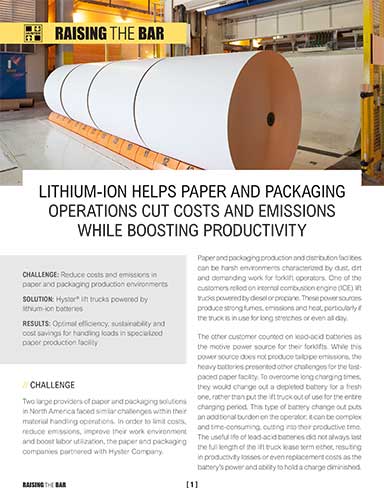Packaging Corner: The incredible, unbroken egg
A new reusable carton reduces egg breakage by 50% in the supply chain from the packing house to retailer. The crates, which also extend egg shelf life, are good for 120 round trips.
Most of us have a certain tolerance for food waste. Kind of. You’ve been there. Is that milk in the fridge really past its expiration date? Perhaps you try the smell test before reluctantly agreeing to toss what’s left in the carton. Maybe it’s only one day past its prime. Maybe.
But what about food waste at the other end of the supply chain? Between the farm and the grocery store. Who even thinks about that? Isn’t it somebody else’s problem?
Fortunately, IFCO, the supplier of reusable packaging for fresh grocery products, has given this more thought than the rest of us. And its latest focus has been on eggs.
Earlier this year, the company released an egg crate for transportation from the packing house to the point of sale. This is an industry first that was developed in conjunction with egg producers and retailers, explains Candice Herndon, president of IFCO North America.
As it turns out, eggs are not IFCO’s first go-around in reusable fresh food packaging reusables. “Switching from single-use packaging to IFCO RPCs [reusable packaging containers] eliminates up to $775 million in costs from fresh food supply chains every year,” says the company.
And just as my wife tells me it’s my responsibility to be sure the eggs don’t get crushed on the way home from the grocery store, Herndon and her team found themselves in a similar position, but at the front end of the egg supply chain.
Compared to standard egg shipping crates, the new plastic design reduces product damage up to 50%, says IFCO. In addition, the crates are built to cool eggs to the recommended 45°F three times faster than single-use packaging such as corrugated containers. Furthermore, the crates keep eggs at a consistent temperature throughout the supply chain, extending their shelf life at the store.
As a company spokesman explains, “the sturdy construction of the crate helps prevent breaks and cracks and allows for optimal ventilation in cooling eggs.” IFCO is sure of this because its trials compared the performance of the new reusables to 35,000 egg cartons shipped in traditional, single-use cardboard packaging.
After unpacking at the retailer, the crates collapse to a 3:1 stacking ration for efficient backhaul to the egg packer. That’s a big benefit over traditional, rigid-wall containers. In addition, the crates have built-in RFID technology to allow traceability across the supply chain. By the way, IFCO says the reusable crates can make 120 round trips before being recycled into new crates.
It’s all part of integrating egg crates into IFCO’s SmartCycle model that is based on sustainability and reusability in a circular economy.
All of that just for eggs. But it brings a new appreciation to protecting those nearly 100 billion eggs that travel from farms to the grocery stores every year.













